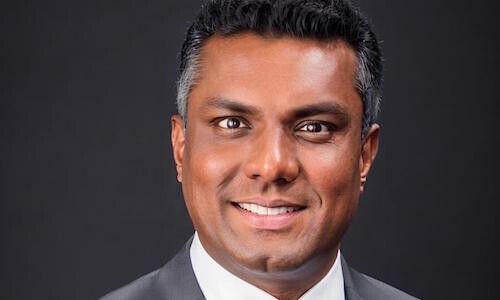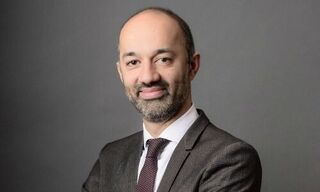The overall strategy is to build a core platform that is stable and scalable, so we can put many satellite solutions on top. For example, we went with an account opening module, using Salesforce.com.
«Private Banking clients are not so high-tech hungry»
We are building components that we believe are best in class from the outside. What it does is it gives us amazing flexibility.
What about the near-term strategies?
In terms of our development strategy, we are obsessively focused on our internal clients, so we help our RMs to be more productive and effective. Anyway, Private Banking clients are not so high-tech hungry.
«We are using the workbench approach»
Plus, regulations are evolving as we speak. Pre-suitability requirements in HK may mean that it is not suitable to make the product available yet. We are using the workbench approach.
We have not turned on the switches because we believe the regulations are still evolving. So we let the regulatory environment stabilize, while we use these systems as our workbench for traders, RM, Investment Managers.
Some clients say that the financial crisis has strained their private-banking relationships when the corporate lending side refused to offer liquidity. What’s your response for that?
All are subject to the bank’s risk appetite. The right kind of risk may change and the bank adapts to the new environment. It’s not correct to generalize, but it does not mean it won’t happen.
We work very closely with the clients to accommodate them. At some point, the credit and relationship buffer goes away, but we need to protect the franchise.
Do you think virtual banks will pose threats to your business?
I think they would put the more competitive pressures on the mass affluent client segment, but we should not underplay their offerings and should keep our eye and ears open. One big thing we should never forget for our segment is trust with the bank.
«Clients in the HNW and UHNW segments want to see where their money is»
Would you put a lot of money in your e-wallet? I don’t see people put millions into an e-wallet. Entrusting your hard earned wealth to an institution is not a flippant decision. It takes decades and generations to build trust in the brand.
The second is the size. Clients are still very happy to let bankers deal with large ticket transactions via phone calls and traditional ways of providing instructions to avoid human errors. Clients in the HNW and UHNW segments want to see where their money is (in terms of the brick and mortar).
Virtual banks will lower margins for sure, but they will affect other client segments first. Disruption is a clear and present danger in every traditional industry.
Sudhir Nemali is Chief Operating Officer (COO) of Wealth Management for Emerging Markets at Deutsche Bank. He joined Deutsche Bank in 2007 and was appointed to his present role in March 2016. Prior to this, he was the Group Head for Global South Asia (GSA) covering the Middle-East, Asia and Australia regions for GSA and was responsible for WM key clients in Asia. Earlier, Sudhir headed the Investment Advisory Group for Southeast Asia and GSA Businesses within Private Wealth Management in Asia. Before moving to Deutsche Bank, he was with Citigroup for 16 years.
- << Back
- Page 2 of 2



























